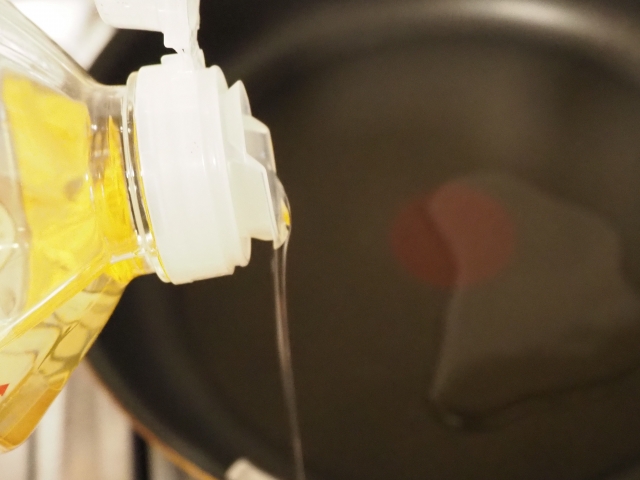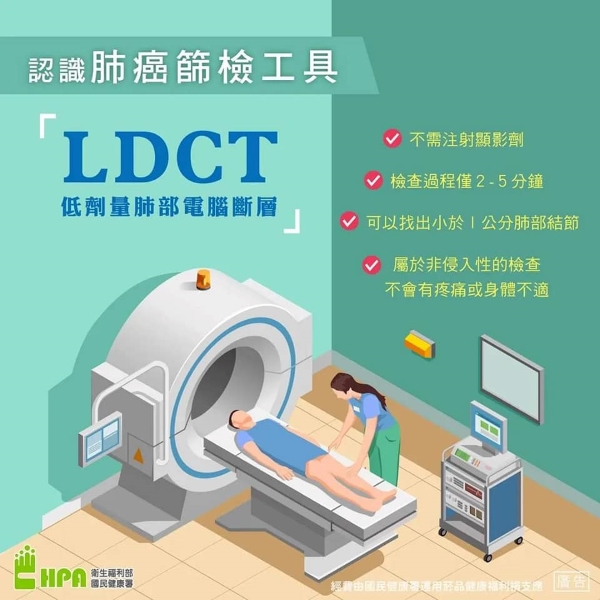Entertainer Wang Jianmin passed away after a 10-month battle with stage IV lung adenocarcinoma, reigniting public concern about lung adenocarcinoma. Weight loss specialist Dr. Hsiao Chieh-Chien pointed out that, according to statistics, 53% to 83% of Taiwanese female lung adenocarcinoma patients have never smoked, while in the United States, this proportion is only 10% to 20%. One of the main reasons for this difference is air pollution, particularly kitchen oil fumes.
Dr. Hsiao explained that Taiwanese households often use high-temperature open flames for cooking, and prolonged exposure to high-temperature oil fumes may increase the risk of lung cancer. He suggested that people use cooking oils with a high smoke point, such as avocado oil or camellia oil, as these oils are less likely to produce large amounts of oil fumes at high temperatures. In contrast, olive oil has a smoke point of around 190°C, making it unsuitable for high-temperature frying, and flaxseed oil has an even lower smoke point and should be avoided for stir-frying to prevent the release of harmful substances when overheated.  Dr. Hsiao Chieh-Chien suggests that people use oils with a high smoke point for cooking, such as avocado oil and camellia oil. (Photo/From photoAC).
Dr. Hsiao Chieh-Chien suggests that people use oils with a high smoke point for cooking, such as avocado oil and camellia oil. (Photo/From photoAC).
He further noted that the rate of lung adenocarcinoma among non-smoking women in Taiwan is several times higher than in the U.S., closely related to air pollution. He emphasized that many households abroad use electric stoves, which generate fewer oil fumes due to lower heat output, possibly reducing the risk of lung adenocarcinoma.
Additionally, early detection of lung cancer can significantly improve treatment outcomes. For stage I lung cancer, the five-year survival rate is 60% to 90%, but for stage IV, it drops below 10%. In Taiwan, the National Health Insurance covers low-dose CT lung scans (LDCT), which are available to men over 50, women over 45 with a family history of cancer, or heavy smokers aged 50 to 74. This tool effectively aids in the early detection of lung cancer and enhances treatment success. Low-dose CT scans (LDCT) are an effective tool for the early detection of lung cancer, improving treatment outcomes. (Photo/From National Health Agency website).
Low-dose CT scans (LDCT) are an effective tool for the early detection of lung cancer, improving treatment outcomes. (Photo/From National Health Agency website).






